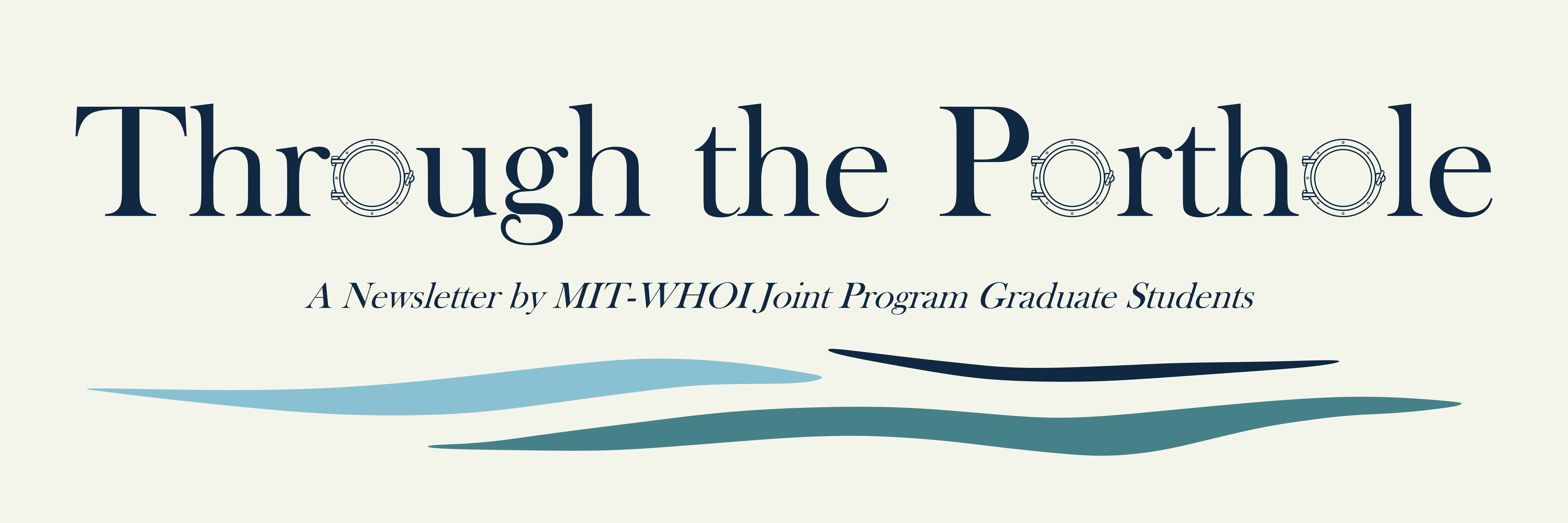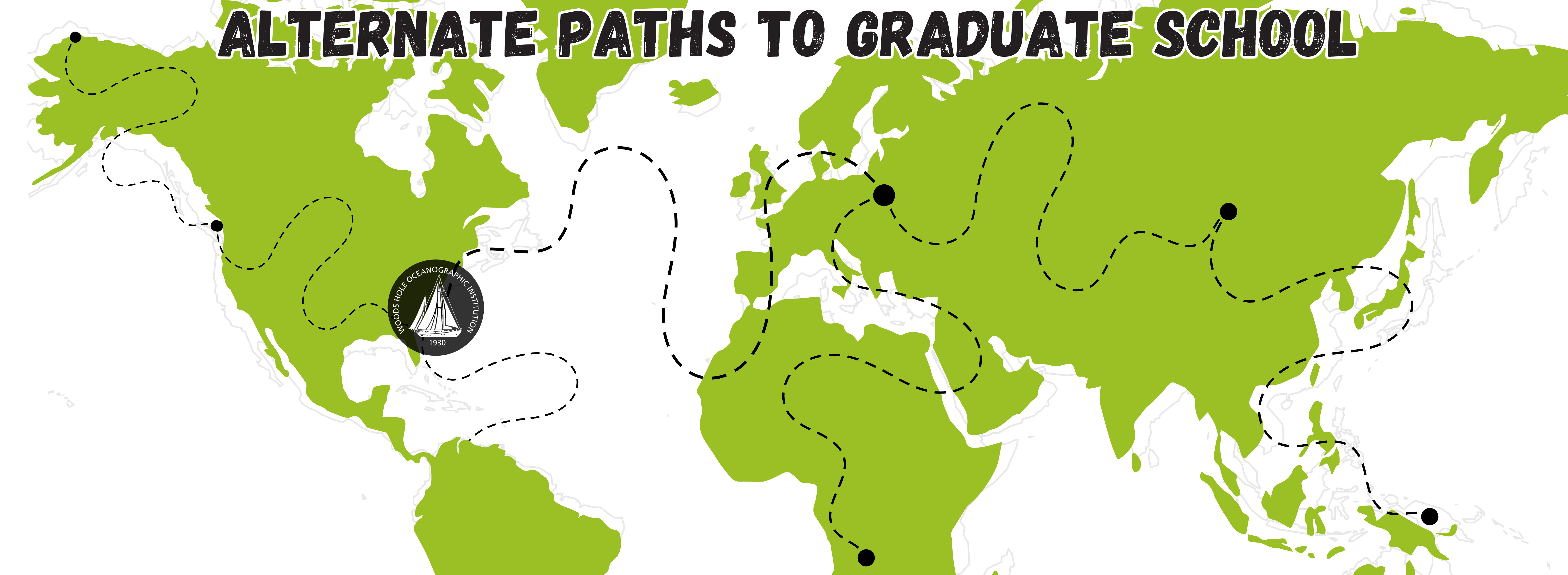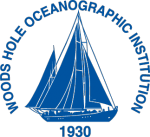

Introduction
Perhaps the most obvious, or “traditional”, path to a PhD is to apply to programs at the end of your undergraduate education and matriculate into a program the fall after obtaining your Bachelor’s degree. This, however, is certainly not the only path to higher education. There are many people who have stepped away from academia after undergrad to explore other areas of interest, refine particular skills, or have more time to figure out what they want to do. Working outside academia before going to graduate school can be a way to solidify your interests, help you learn more about what you are looking for in a career, and gain new perspectives. In this article, we highlight a few Joint Program (JP) students and Woods Hole Oceanographic Institution (WHOI) postdoctoral investigators (postdocs) on their unique paths to graduate school. We’ll meet Jeanne Bloomberg, James Vincent Brice, Ian Robertson, Alice Ren, and Roger Creel, all of whom have a different path to the same place: WHOI.
Jeanne
When Jeanne graduated college at Northeastern University with a major in Marine Biology and a minor in English, she knew two things (among all the other knowledge she accumulated during her undergraduate education): she wanted to stretch the jobs she could get with an undergraduate degree as far as possible, and she wanted to SCUBA dive. After picking up a couple of different jobs working as a field technician studying kelp forests and coral restoration, she was beginning to get outcompeted by people with Master’s degrees. She decided to go to Louisiana State University to pursue a Master’s in Oceanography and Coastal Sciences. After her Master’s, she wanted to explore other careers outside of research, so she worked at the National Oceanic and Atmospheric Administration (NOAA) through the National Academy of Sciences Gulf Research Program’s Science Policy Fellowship. During this program, she realized her favorite part of the job was talking to people about their research, which solidified her desire to pivot back to research from policy. Jeanne realized if she wanted to be able to ask and explore her own research topics, she should get a PhD, so she leveraged a connection with her Master’s lab, and got in touch with Dr. Amy Apprill at WHOI studying stony coral tissue loss disease. Jeanne matriculated into the JP in Summer of 2022 and is now entering her 3rd year in the PhD program.
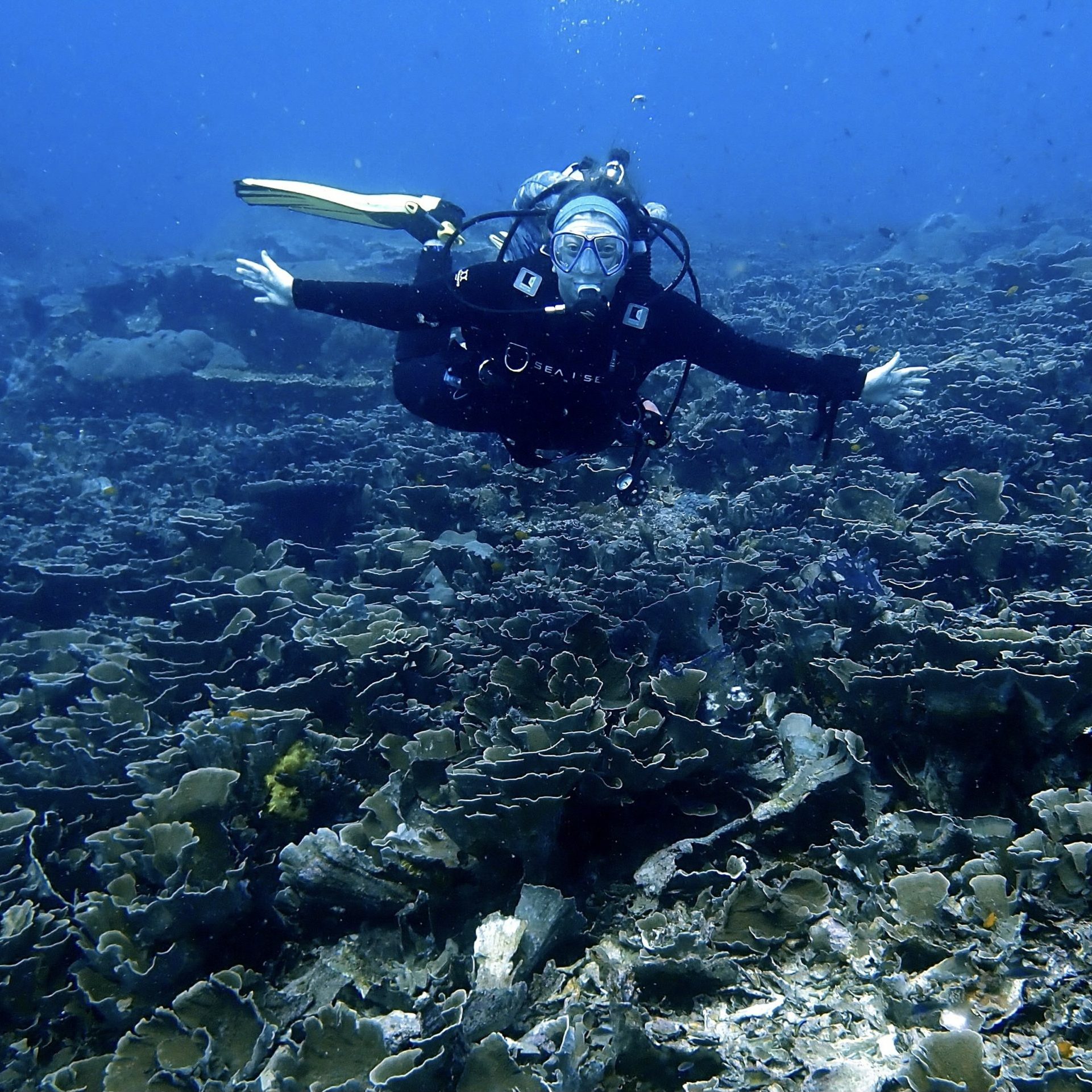
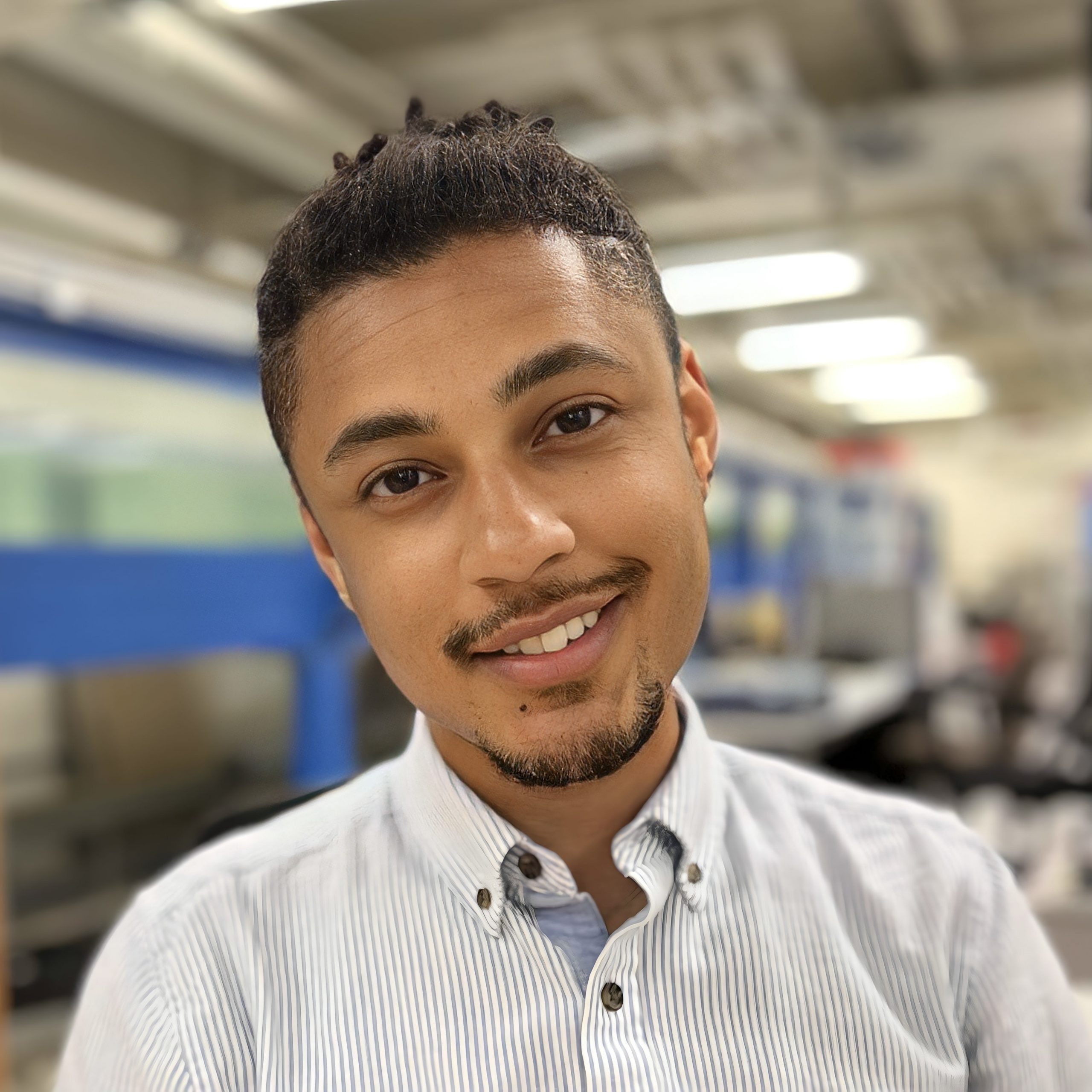
James
James majored in Applied Physics at Rensselaer Polytechnic Institute (RPI) and was initially interested in Astrophysics. After he realized space was too far away and too intangible to really captivate his interest, he decided to respond to a call for a zookeeper and aquarist at the Staten Island Zoo. He first worked as an educator, teaching classes in wildlife zoology and urban sustainability to local school groups. “I began working initially as an educator, and then transitioned into animal care where I worked with many different species (lots of birds, primates, big cats), eventually specializing in aquatic animal husbandry. Working with these animals made me curious about the relationship between natural ecosystems and the urban environment.” After 4 years of working at the zoo, he went on to pursue a Master’s degree in Architecture at MIT, but along the way rediscovered his passion for physics and added a second Master’s degree in fluid mechanics in the Civil and Environmental Engineering Department, where he studied fluid dynamics in coastal aquatic ecosystems and the design of nature-based coastal adaptation. During his Master’s degrees, he had a brief stint in industry, working as a coastal resilience planner at an engineering consulting firm. Although he enjoyed this work, he felt he wasn't given the space to ask deeper questions about the physical and biological processes driving coastal change. He was familiar with the MIT-WHOI Joint Program from his time at MIT, so he decided to apply, and from there ended up matriculating into the program in the Summer of 2024!
Ian
In 2021, Ian graduated from Bates College with degrees in Math and Music into a workforce that was suffering from the pandemic. Eager to connect with people and the environment in person, Ian decided to pack up his life and move almost 5,000 miles away to Honolulu, Hawai’i to work as an Environmental Data Analyst at The Applied Research Laboratory at the University of Hawai'i. Although part of the work involved processing data and working with models, there were various field components which gave him the opportunity to be outside and work with other people in the lab, including sensor maintenance/deployment, drone mapping surveys, and autonomous underwater vehicle missions. After 3 years in Hawai’i, Ian decided he wanted to go back to school. He was encouraged to apply to the MIT-WHOI Joint Program by his boss, who was an alum of the Navy Master’s Program. In the summer of 2024, after taking a few months off to cycle across Europe, he moved back to the east coast to start his PhD.
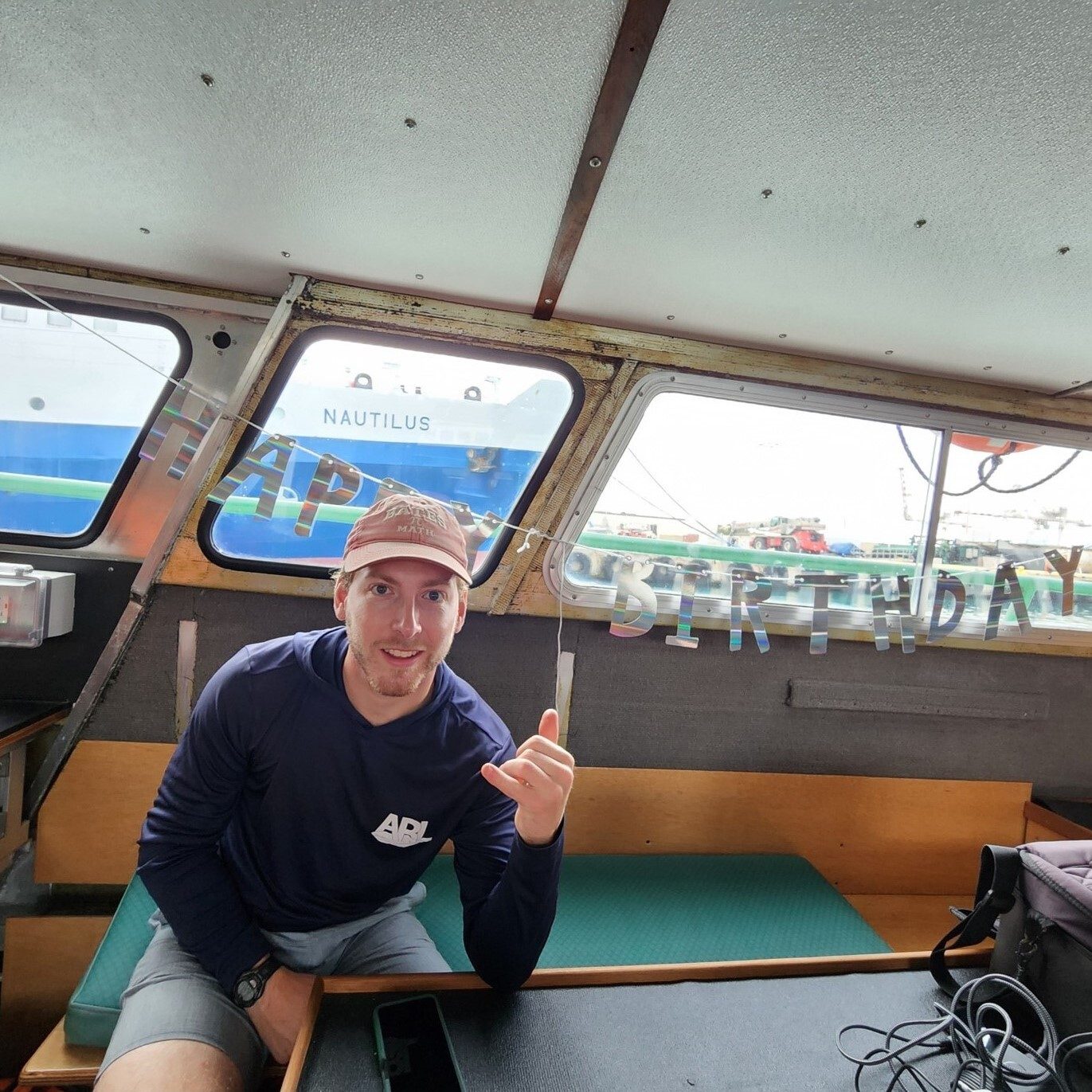
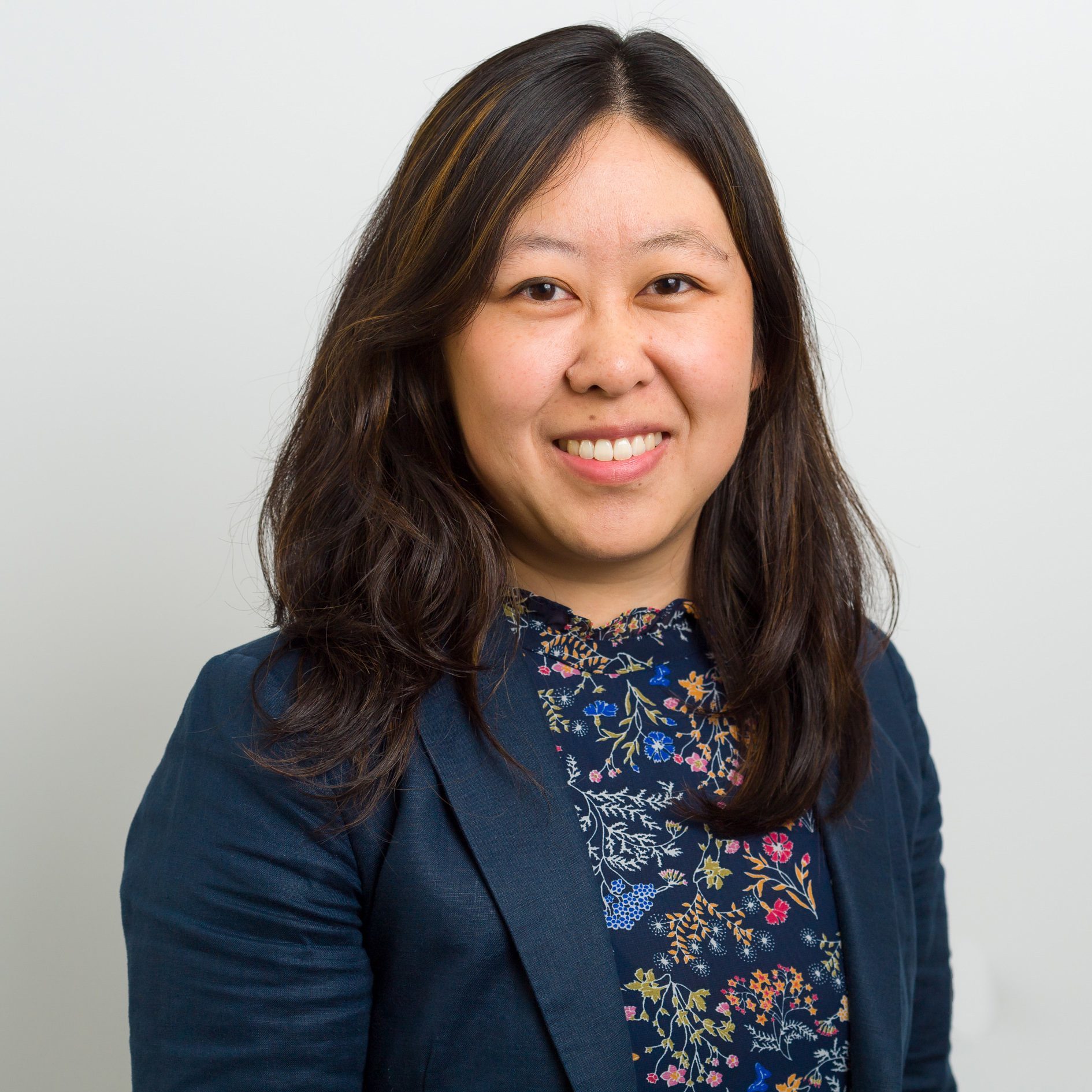
Alice
Alice started college at Duke University thinking she would become a chemist, but the type of lab work didn’t appeal to her, and she began to explore her options. She pursued a degree in environmental science, taking a heavy math course load along the way. At the time, she had a strong interest in climate policy and decided to move to Washington, D.C. after graduation to work as a paralegal in the Environment and Natural Resources Division of the Justice Department. She worked there for a year and a half, learning a great deal about government and policy from her job and from the other young people in the nation’s capital. Eventually, she realized that she wasn’t particularly interested in becoming a lawyer and started to plan her next steps. Alice realized that what she really loved to do was to learn new things and constantly think about new problems, which was something that academic science offered. She worked for one year at a small software company while applying to graduate school programs and subsequently began a Master’s degree in oceanography at the University of Maine. She went on to earn her PhD in physical oceanography from Scripps Institution of Oceanography. Now, she is a postdoc in the Physical Oceanography department at WHOI.
Roger
Roger was hooked on the geosciences from his first geology class at Amherst College, from which he would leave every day excited to tell people about what he had learned. After he graduated with a double major in Geology and English, he spent five years seriously pursuing his main interest outside of academia: ballet dancing. Roger won a spot in the Louisville Ballet in Kentucky, where he danced professionally for 30 weeks each year, the remaining time free to do as he wished. He knew he wanted to go to graduate school eventually, so he used the ballet off-season to “continue the story” of science. His undergraduate advisor connected him to a professor at Washington University in St. Louis, where Roger spent one postgraduate summer “doing sulfur isotope geochemistry on very old rocks”. He continued to leverage connections and maintain scientific relationships, spending another summer working with a sedimentologist at MIT. The scientists that Roger worked with encouraged him to search broadly for which fields interested him most, and he landed on sea level change as “the coolest field”. He eventually began and completed a PhD at Columbia University, and now is doing a postdoc in Physical Oceanography at WHOI.
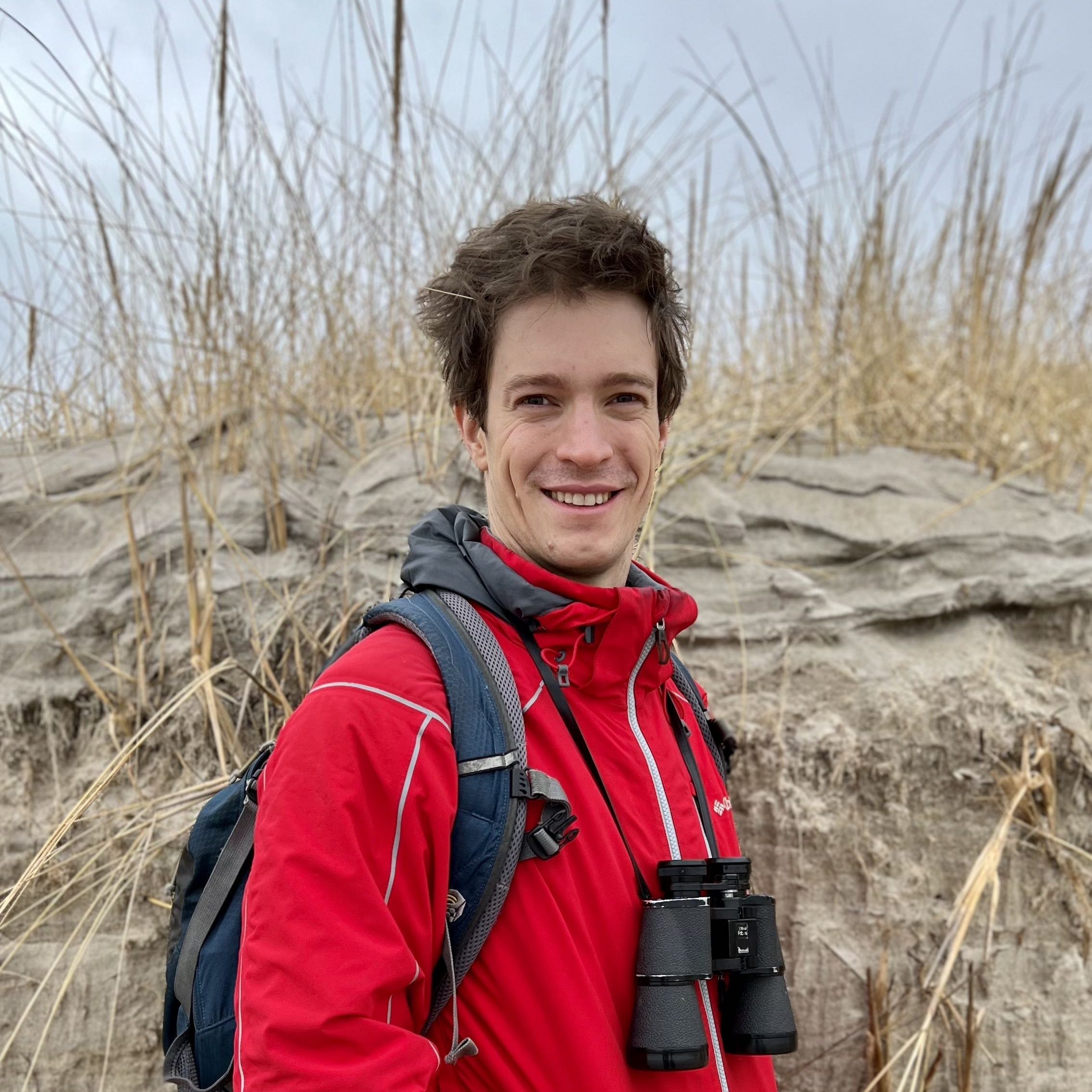
Broad Advice
Some might worry that a diverse work history will appear unfocused, but there is much to be gained from being multifaceted. James notes having a diverse background is important in the current climate crisis: every issue has socioeconomic, physical, biological, and political contexts that need to be understood. Understanding more than just your one niche field is a strength to have as a scientist. No one expects you to know exactly what you want to do after graduating college — James didn't know the fields of fluid mechanics and physical oceanography existed when he graduated, but the breadth of his work led him to where he is now. Alice also is now grateful for the time she had to explore her interests. “It was tough but now I think it’s worked out,” she said. “There are certain things that I personally learned during my time working that made me a more mature and professional colleague.”
Taking time after graduating college can really solidify what you want to do as your “next step”. Jeanne notes how happy she is that she waited to go to grad school – she got to travel the world and work on really cool projects. Now she’s confident she’s in grad school “for the right reasons”. This was a common sentiment among all the interviewees for this article. Ian felt that working in the field gave him a broader awareness of the current ocean science and technology research landscape. Roger said that, due to his time away from academia, going back to graduate school was a “strong positive choice” that he was confident in and that gave him motivation to continue even through the hard parts.
There certainly can be challenges in making the transition from the workforce back to school, but you can overcome them if you are willing to learn and to ask for help. For example, Roger knew he might struggle with the math requirements in his PhD program due his years away, so he spent the summer before starting grad school taking math classes to refresh his skills. Many programs also have classes and resources to build and refresh skills once you enter graduate school. Roger further described the mindset shift from undergraduate classes to graduate classes as a “saving grace”. “In grad school, you’re learning for you, in order to use those tools,” he said.
Conclusion
Maybe before coming to graduate school you’ll work at a zoo and then get two Master’s, or maybe you’ll move across the country and work on an island for three years. Perhaps you’ll find new ways to pursue your passions before committing to 5+ years of higher education. On the flip side, if you’re a senior in college and itching to start your PhD, then you should feel empowered to pursue it. There isn’t one path to a PhD program that’s the “correct” path. Getting to graduate school can be a winding road, and it’s important to assess what your goals are, what excites and motivates you, and from there decide what you need to do to achieve that.

